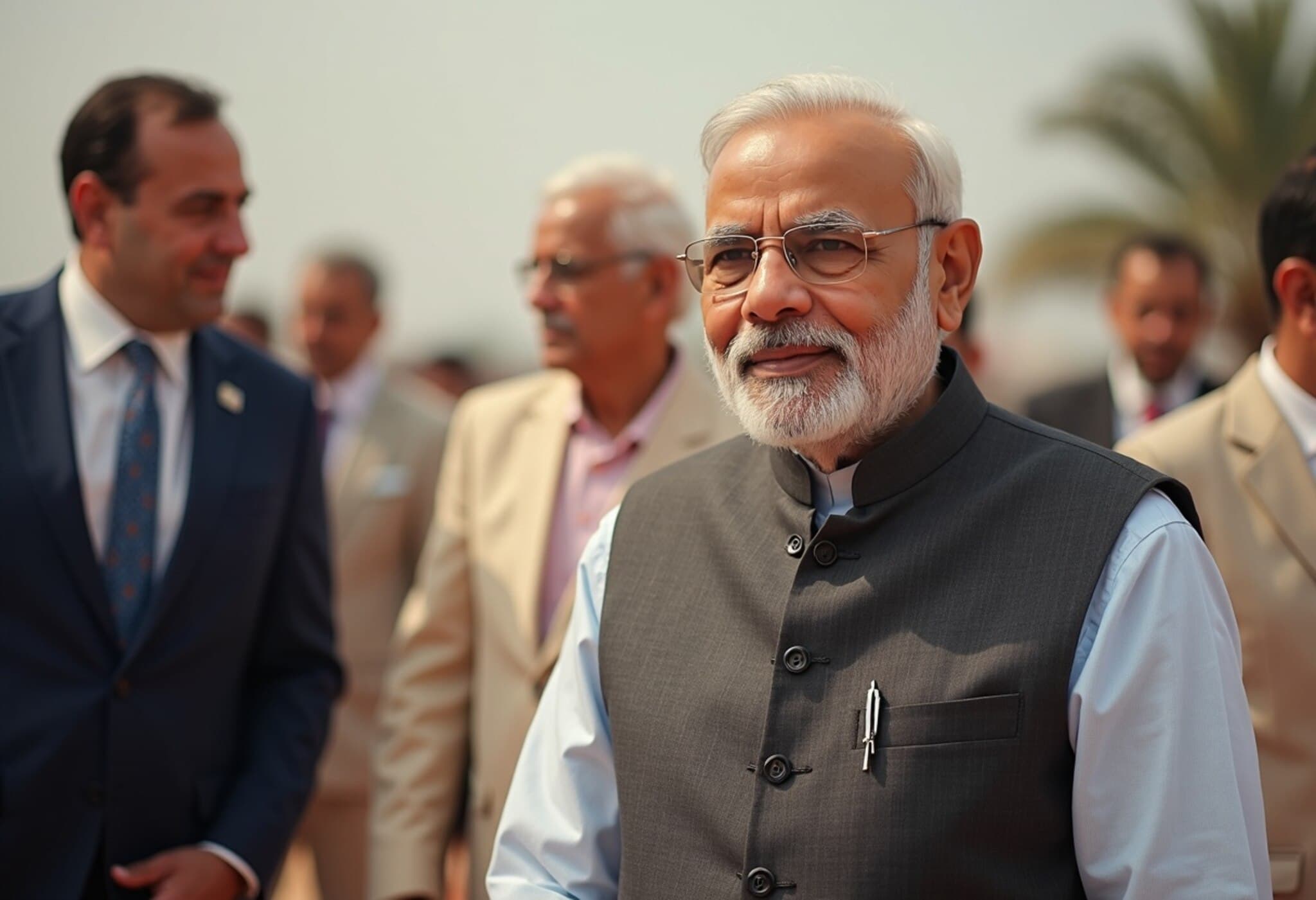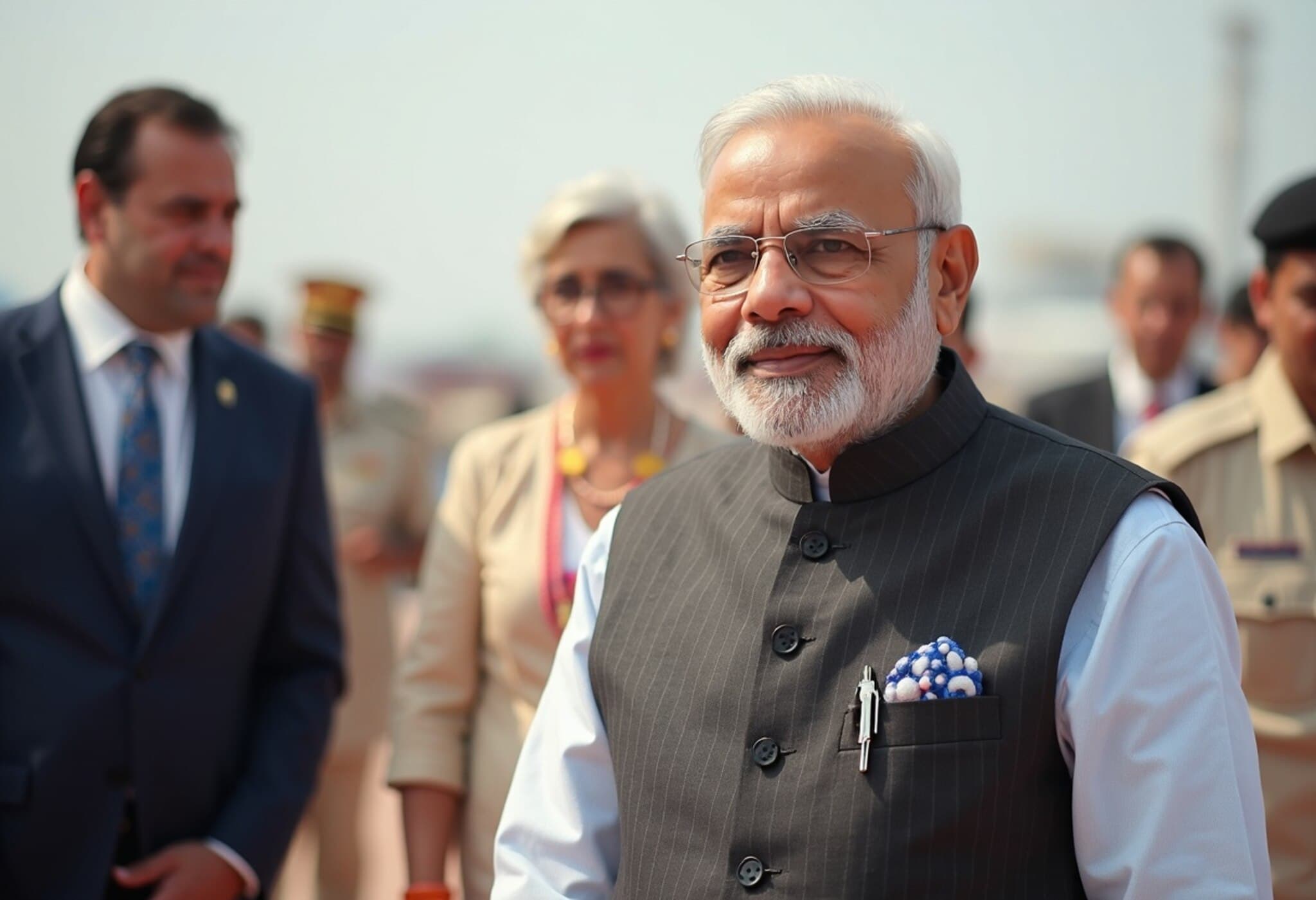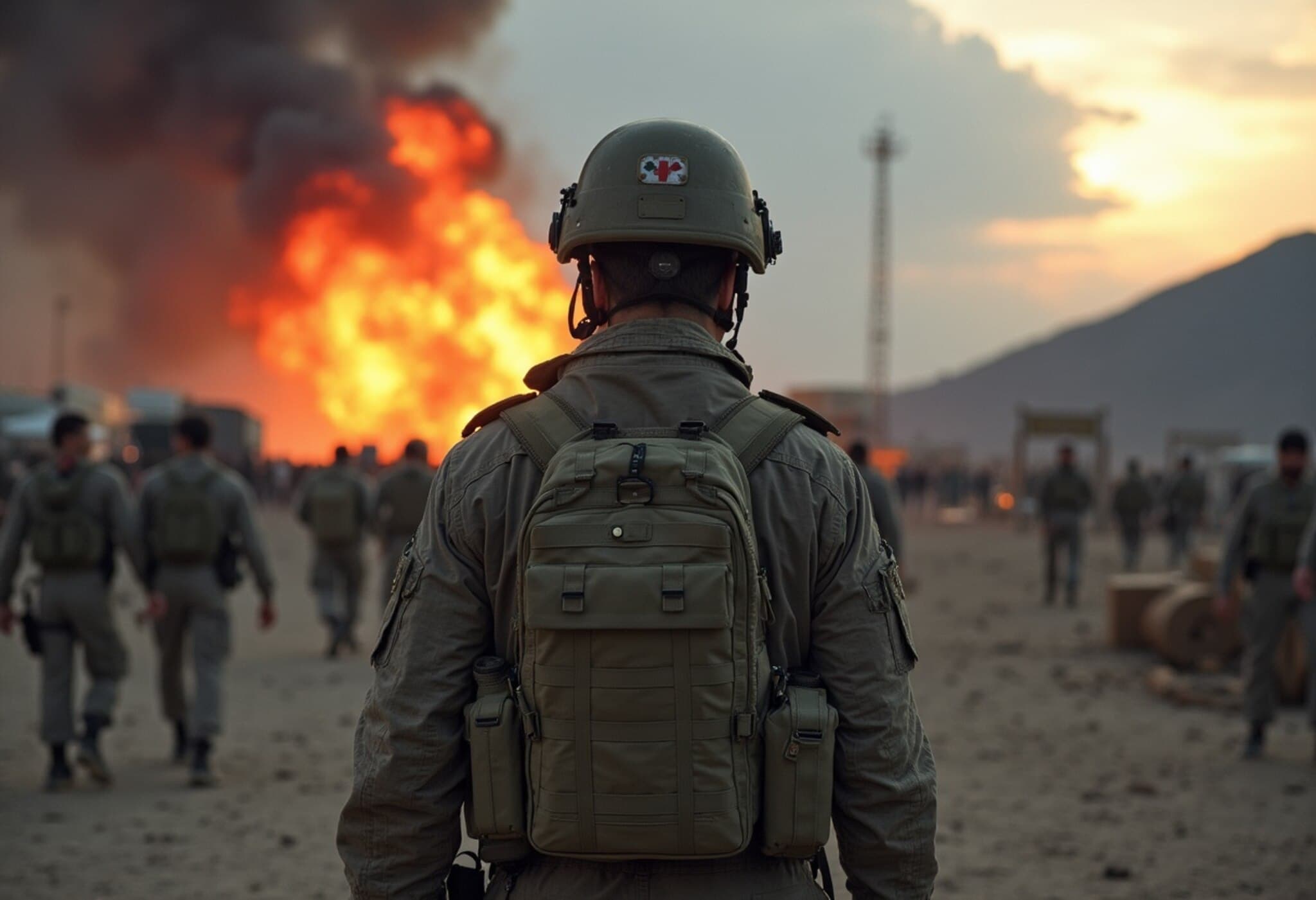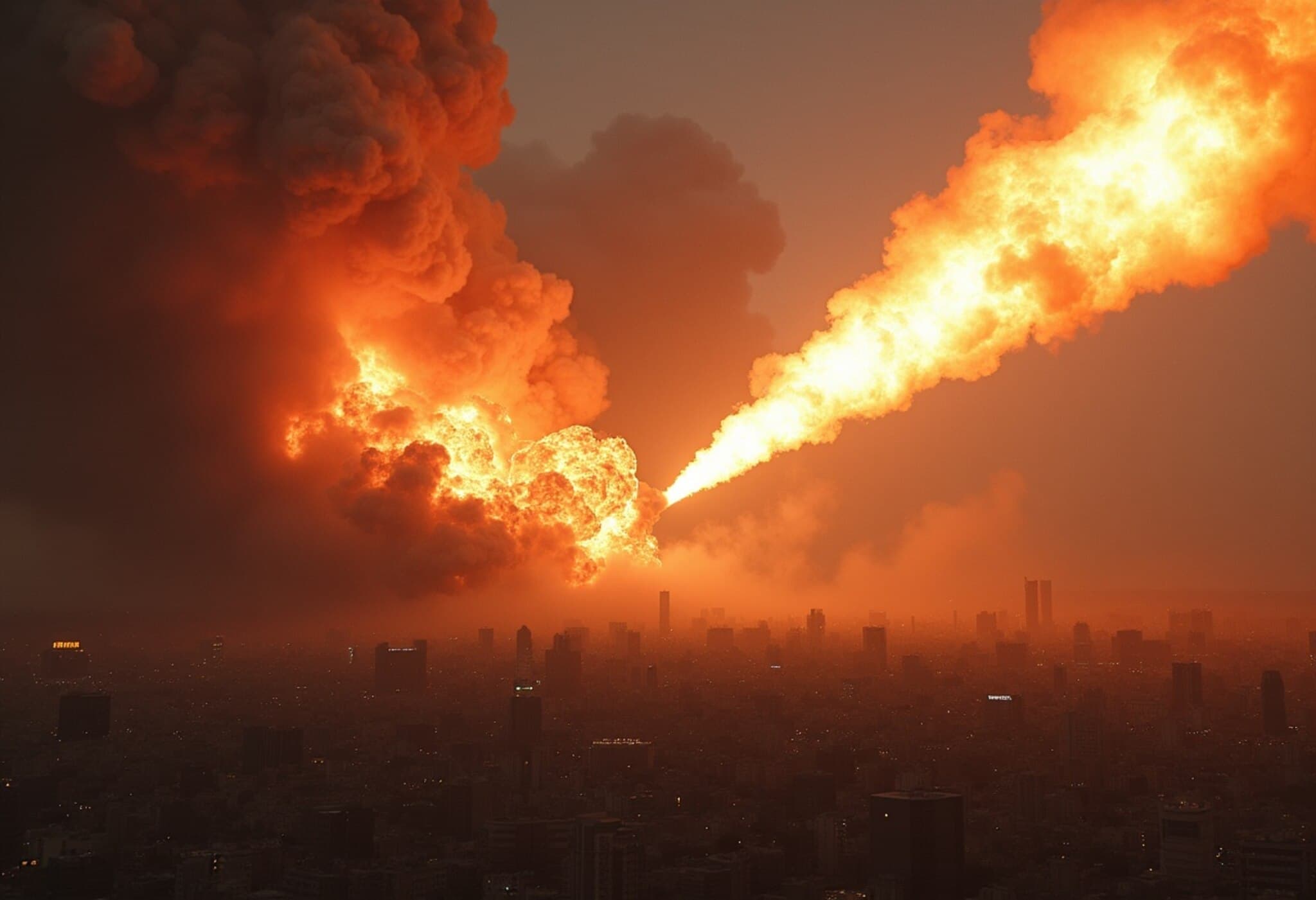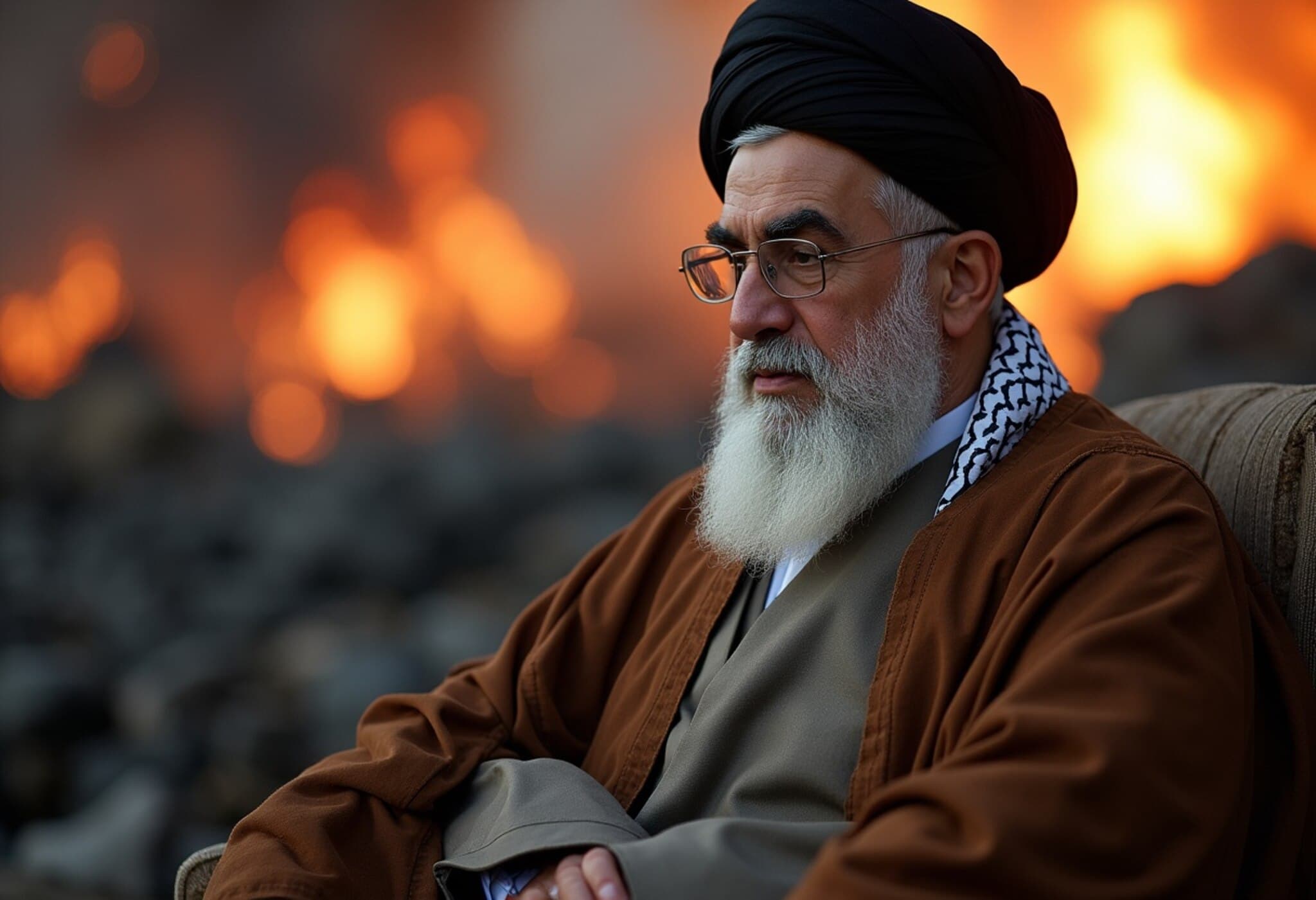US Airstrikes on Iran’s Nuclear Facilities Spark Political Fallout
As tensions in the Israel-Iran conflict escalate into the tenth day, the United States made a decisive move by launching airstrikes on key Iranian nuclear sites. However, the operation has ignited political controversy in Washington, with top Democratic leaders reportedly left out of the loop until after the bombs fell.
Republican Leaders Briefed Ahead, Democrats After the Attacks
According to multiple sources, President Donald Trump authorized the airstrikes late Saturday night targeting nuclear facilities in Fordow, Natanz, and Isfahan. While leading Republican lawmakers, including House Speaker Mike Johnson and Senate Majority Leader John Thune, were informed prior to the operation, prominent Democrats such as Senate Minority Leader Chuck Schumer and House Minority Leader Hakeem Jeffries were only briefed after the strikes had been carried out and shortly before the president’s public announcement.
Additionally, influential members of the intelligence committees, like Senator Mark Warner and Representative Jim Himes, who are part of the highly classified "Gang of Eight," were also kept in the dark until the attack was already underway.
Mixed Reactions Across the Aisle
The bombings have deeply divided lawmakers along party lines. Most Republican officials praised the president’s swift action as necessary and justified under the circumstances.
- Mike Johnson emphasized the urgency and the president’s assessment that immediate action trumped the usual congressional consultation process, highlighting historical precedents for limited strikes.
- Senators John Thune, Lindsey Graham, and Ted Cruz also voiced strong support.
- Representative Rick Crawford confirmed coordination with the White House prior to the attack.
Conversely, Democrats expressed strong disapproval, criticizing the lack of prior consultation and the absence of a clear, transparent strategy.
- Senator Mark Warner labeled the strikes "reckless," calling for the president to appear before Congress to explain the aims and evidence backing the military action.
- Senator Tim Kaine promised to push for a Senate vote on any future military measures against Iran.
- Representative Sean Casten condemned the strikes as a "dangerous escalation," while Senator Bernie Sanders described them as "unjustified."
- House Minority Leader Jeffries warned that the airstrikes risk retaliation against U.S. forces and accused the president of misleading the country amid promises of peace in the region.
Breaking ranks within the Democratic Party, Senator John Fetterman stood in support of the strikes, stating on social media that Iran’s nuclear capabilities pose a major threat given its status as a leading sponsor of terrorism.
Broader Regional Context and Military Developments
The U.S. attacks followed an intense Israeli offensive the previous day, which saw over 150 missiles launched at the Isfahan nuclear site. These strikes reportedly killed Iranian nuclear scientists and inflicted significant infrastructure damage.
In retaliation, Iran fired missiles and drones targeting Israeli sites, including 27 ballistic missiles aimed at Ben Gurion Airport. Some projectiles reportedly breached Israel’s missile defense system, the Iron Dome, underscoring how the conflict is expanding in scope and intensity.
President’s Statement and Future Implications
Deploying B-2 bombers from Guam, the president described the operation as a "spectacular military success," claiming the targeted facilities were "obliterated." The strikes mark a significant escalation by the U.S. into the ongoing Israel-Iran confrontation, raising concerns about further regional destabilization and the prospect of wider conflict.








